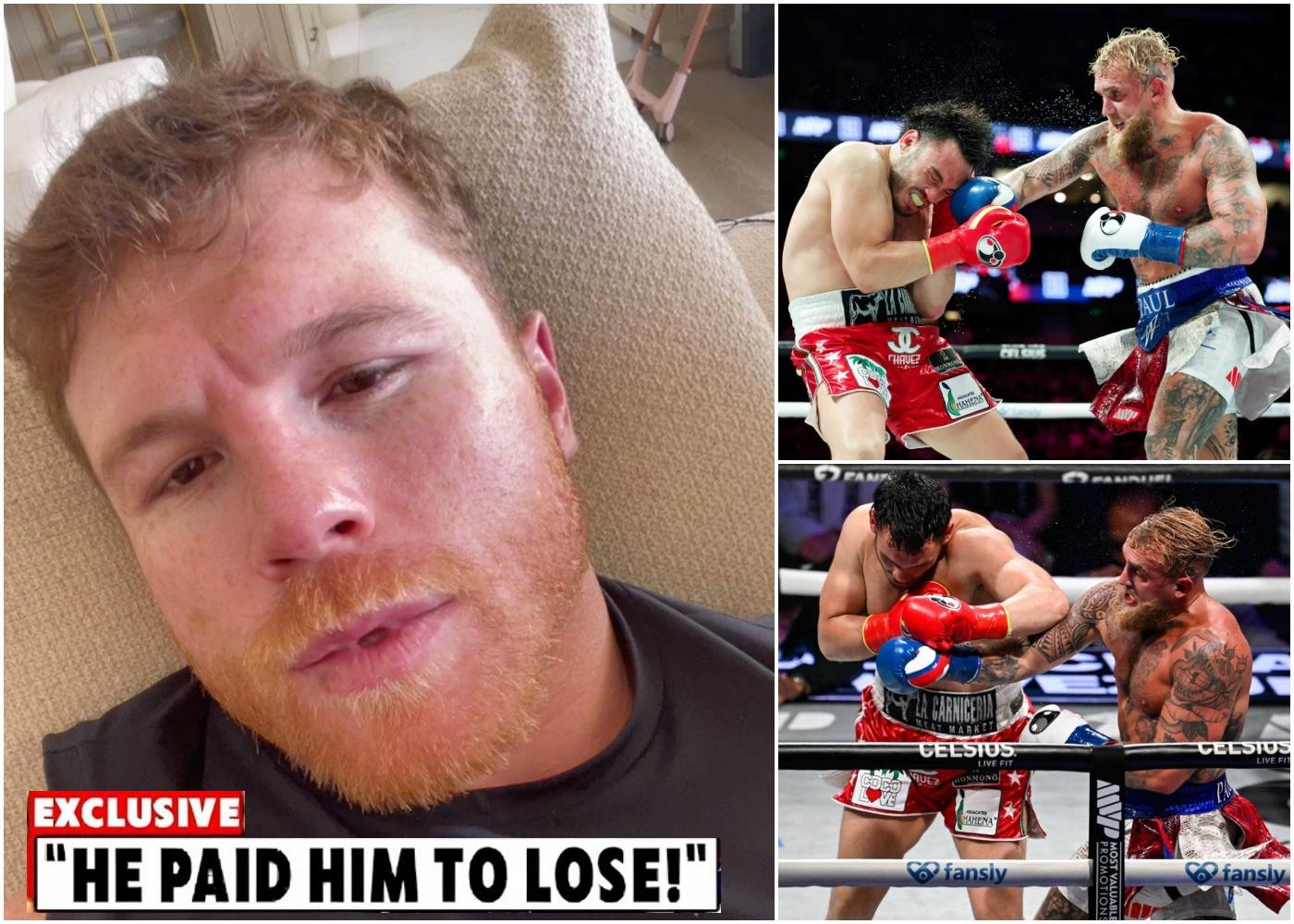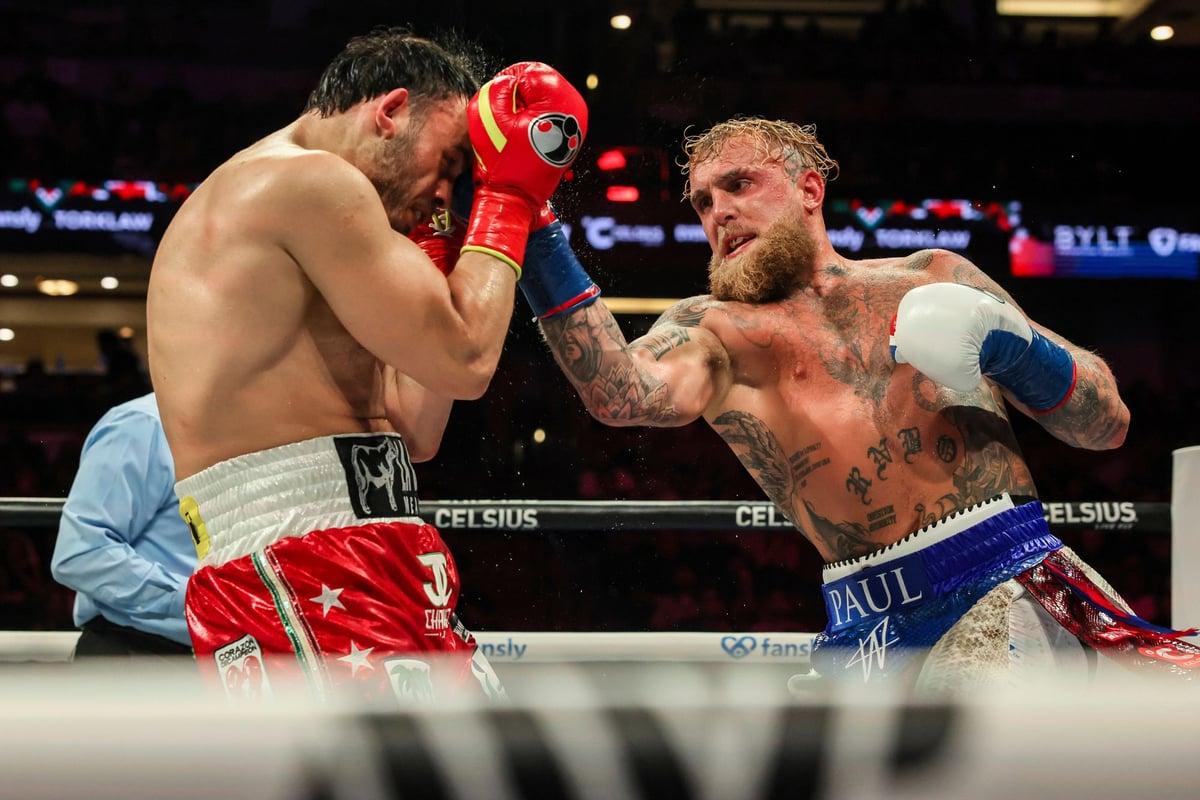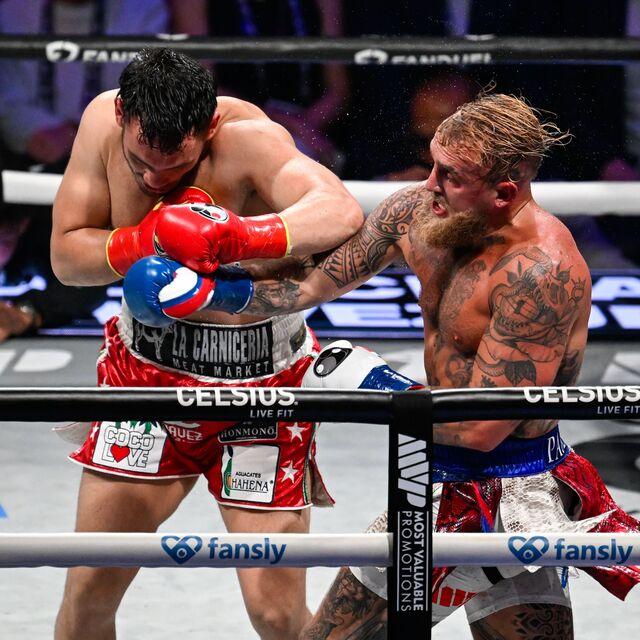On June 28, 2025, the Honda Center in Anaheim, California, hosted a cruiserweight showdown that sparked heated debates across the boxing world: Jake Paul versus Julio Cesar Chavez Jr. The YouTuber-turned-boxer secured a unanimous decision victory over the former WBC middleweight champion, with judges scoring the bout 99-91, 97-93, and 98-92 in Paul’s favor. While Paul’s performance solidified his 12-1 record, the fight ignited controversy, with some fans and fighters alleging the outcome was predetermined. Social media posts on X buzzed with claims like, “Jake Paul paid Julio Cesar Chavez Jr off 100% no doubt,” suggesting Chavez Jr. threw the fight. Professional fighters, however, offered a mix of technical analysis and skepticism, dissecting the bout’s dynamics and its implications for boxing.

Jake Paul, at 28, entered the ring as a -575 betting favorite, leveraging his youth, conditioning, and relentless jab to dominate the early rounds. Chavez Jr., 39, appeared lethargic, landing zero punches in the opening round according to CompuBox, a stark contrast to his pedigree as the son of boxing legend Julio Cesar Chavez Sr. Paul’s strategy was clear: maintain distance with his jab, target Chavez’s body with hooks, and avoid close-quarters brawls where Chavez’s experience might shine. By the fifth round, Paul had landed 65 of 302 jabs, controlling the pace while Chavez struggled to respond, managing only nine punches in the first half of the fight. The crowd, heavily pro-Chavez, grew frustrated, with Julio Cesar Chavez Sr. visibly urging his son to engage.

As the fight progressed, Chavez Jr. found a spark in the ninth and tenth rounds, landing powerful hooks and rights that tested Paul’s stamina. Some observers noted Paul appeared fatigued, raising questions about his endurance against elite opponents. Chavez Jr. later commented, “He’s a strong, good boxer for the first three or four rounds, then tired,” suggesting Paul isn’t ready for top-tier champions. Despite the late rally, Chavez’s minimal output earlier sealed his fate, leading to Paul’s lopsided victory.

Professional fighters weighed in with varied perspectives. Fernando Vargas, a former world champion, expressed disappointment in Chavez Jr.’s performance, shaking his head at his lack of aggression. Ryan Garcia and Claressa Shields, among others, took to social media to share reactions, with some praising Paul’s improvement and others questioning Chavez’s effort. Gilberto “Zurdo” Ramirez, who defended his WBA and WBO cruiserweight titles on the same card, dismissed Paul’s post-fight callout, focusing instead on a potential unification bout with IBF champion Jai Opetaia. The sentiment among pros was mixed: some acknowledged Paul’s technical growth, particularly his jab and body work, while others saw Chavez’s inactivity as a sign of deeper issues, possibly personal or motivational, given his history of addiction struggles and inconsistent performances.
The controversy stemmed from Chavez Jr.’s lackluster showing, fueling speculation of a fixed fight. Posts on X highlighted moments when Chavez seemed to hold back, with one user noting, “When Chavez actually fought, Jake had no chance. Chavez was landing at will.” Others pointed to clinches where the fighters appeared to converse, stoking conspiracy theories. However, no concrete evidence supports these claims, and both fighters insisted the bout was legitimate. Chavez Jr., who earned an estimated $2.5 million, emphasized his preparation, while Paul, reportedly pocketing $8-10 million, called the fight “flawless,” claiming he was hit only 10 times.
The win positions Paul for a potential WBC or WBA ranking, a step toward his goal of a world title shot. Critics argue his opponents, including a 58-year-old Mike Tyson and a past-prime Chavez Jr., are strategically chosen for name recognition rather than competitive threat. Paul’s callouts of Anthony Joshua, Gervonta Davis, and Ramirez were met with skepticism, with many in the boxing community viewing them as publicity stunts. Chavez Jr., meanwhile, faces renewed scrutiny about his career’s viability, having lost five of his last nine fights.
The Paul-Chavez Jr. fight underscores the evolving landscape of boxing, where celebrity draws like Paul can command massive pay-per-view audiences—DAZN reported over 250,000 buys—while challenging the sport’s traditional meritocracy. Whether Paul’s rise is a legitimate sports story or a well-funded spectacle remains divisive, but his ability to dominate a former champion, even one diminished, keeps the conversation alive.




